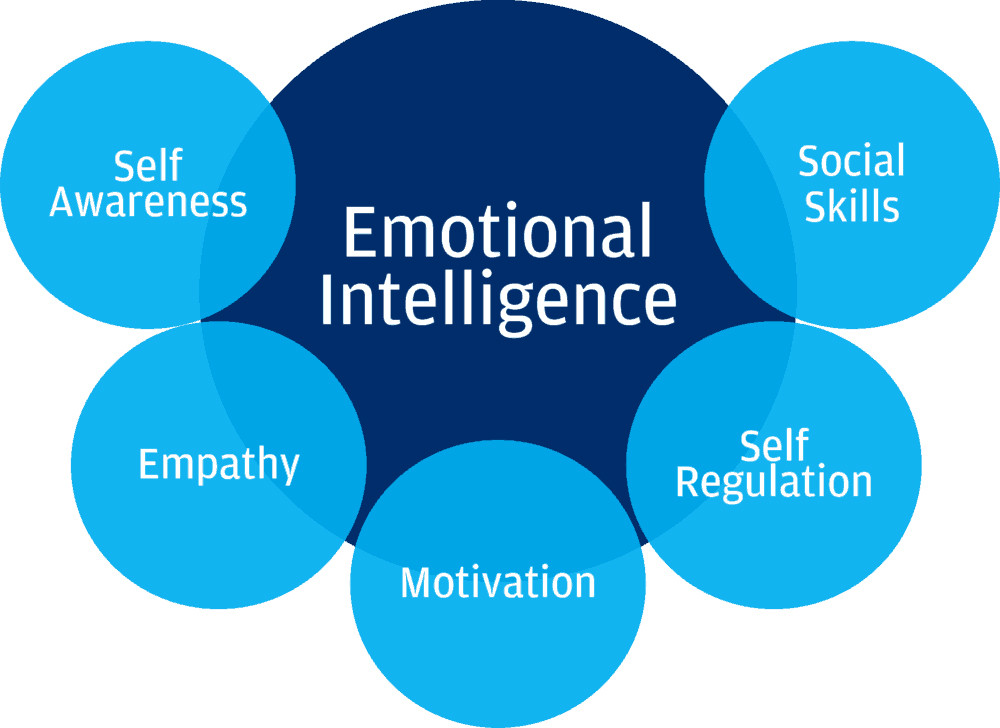
In today's ever-changing business landscape, effective leadership is essential for success. While technical skills and expertise are important, it is emotional intelligence that separates exceptional leaders from the rest. Emotional intelligence refers to the ability to recognize and manage emotions, both within oneself and in others. In this blog post, we will explore the significance of emotional intelligence in leadership and provide actionable tips on how to enhance this critical skill.
Understanding Emotional Intelligence
Emotional intelligence encompasses four key components: self-awareness, self-management, social awareness, and relationship management. Leaders who excel in these areas are more capable of fostering positive work environments, inspiring and motivating their teams, and making sound decisions.
Building Self-Awareness
Self-awareness is the foundation of emotional intelligence. Leaders who deeply understand their strengths, weaknesses, values, and emotions can better manage themselves in challenging situations. By practicing introspection, seeking feedback from others, and reflecting on their actions, leaders can gain valuable insights into their capabilities and continuously improve.
Cultivating Self-Management
Leaders who possess strong self-management skills can control their emotions and reactions, even in high-pressure situations. By developing techniques such as mindfulness, stress management, and effective time management, leaders can enhance their ability to stay calm, composed, and adaptable.
Developing Social Awareness
Social awareness involves understanding and empathizing with the emotions and perspectives of others. This skill enables leaders to build strong connections with their teams, tailor communication styles, and foster a culture of inclusivity. Active listening, genuine curiosity, and practicing empathy can significantly enhance social awareness.
Nurturing Relationship Management
Relationship management focuses on building and maintaining positive relationships with team members, stakeholders, and clients. Effective leaders create an environment where individuals feel valued, understood, and motivated to contribute their best work. By providing ongoing feedback, recognizing achievements, and enhancing communication skills, leaders can foster collaboration, loyalty, and trust.
The Impact of Emotional Intelligence on Leadership
Leaders who prioritize emotional intelligence reap several benefits. They can effectively communicate their vision, inspire and motivate their teams, resolve conflicts, make informed decisions, and create a positive work culture. Most importantly, emotionally intelligent leaders create an environment that nurtures personal and professional growth.
While technical expertise is certainly important, it is emotional intelligence that truly sets exceptional leaders apart. By prioritizing self-awareness, self-management, social awareness, and relationship management, leaders can cultivate an empowering work environment that brings out the best in their teams. Investing in your emotional intelligence will not only enhance your leadership skills but also contribute to long-term success and a fulfilling career.





0 Comments